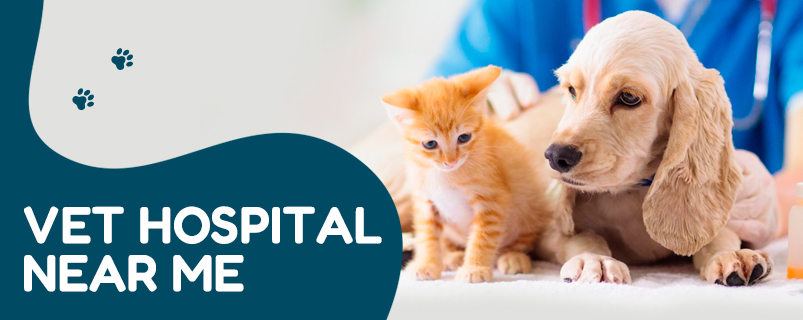




By ensuring that your dog receives vaccinations early in infancy and regularly as an adult, you offer them the best chances to live an extended life with good health. Rabies, hepatitis, and parvovirus are all potentially deadly diseases, especially in pups. Vaccines prevent these conditions from forming in the first place, which is inevitably better to manage once developed in the pet. Reach out to a vet hospital near you to get consulted about the vaccines for your furry companion.
Is it necessary for my dog to have all of the recommended vaccines?
Your veterinarian will evaluate possible risk factors for your furry friend according to breed, age, and lifestyle, and then suggest which vaccinations are appropriate for your pet.
The typical immunization reactions in dogs are as follows:
Unwanted responses are unavoidable with medical procedures, and immunizations are no exception. Learning the indications of a reaction and what can be done if your pet reacts will assist in making vaccination time more bearable for both you and your dog.
The most typical reaction dogs experience to vaccinations is a general sense of tiredness and unease, which can be followed by a moderate fever. This sensation is commonly described as 'off' by many people. This reaction is caused by the immune system of your dog functioning properly and reacting effectively to the immunization. These slight signs are natural and are expected to persist for one or two days. You need to consult your vet if your pet fails to return to its regular lifestyle within a few days.
Lumps and bumps are typical side effects. After the vaccine, a small, stiff bump may form where the needle was put into the layer of skin or muscle, making the spot sore. These bumps form as a result of your dog's immune system seeking to address the localized discomfort.
Keep a close watch on the point of injection. Check for inflammation, redness, and soreness. Infected regions may progress to more severe issues if left unchecked. Consult your veterinarian if the area becomes progressively red or exhibits any of the signs mentioned above.
While the majority of vaccinations are provided via injection, the Bordetella bronchiseptica and parainfluenza virus vaccines are given via nasal drops or sprays. This can cause symptoms similar to a cold, such as wheezing, coughing, and nasal congestion. Many dogs recoup within a day or two of experiencing those signs. If your pet exhibits more serious signs or fails to get better within a few days, it is necessary to consult a veterinarian.
Most vaccine reactions are mild and transient, but in a small percentage of cases, there may be more serious side effects that need medical attention right away. An extreme allergic reaction known as anaphylaxis can cause vomiting, diarrhea, hives, face swelling, and itching. This syndrome may manifest after 48 hours of immunization, or it may manifest relatively soon after the vaccine is administered. If any of these symptoms appear in your dog, look for a reliable vet hospital nearby to furnish the best medical care to your pet.
If you are on the hunt for a top vet hospital in Gurgaon, you can visit CGS Hospital. CGS Hospital's veterinarians are dedicated to providing the finest possible care for your beloved pet. CGS also has the best vet hospital in Delhi. They will assist you perfectly with all vaccination procedures. Both hospitals have a pleasant ambiance with doctors and proficient vet technicians to treat animals. CGS Hospital ensures that animals enjoy outstanding veterinary treatment.